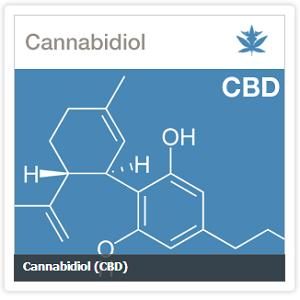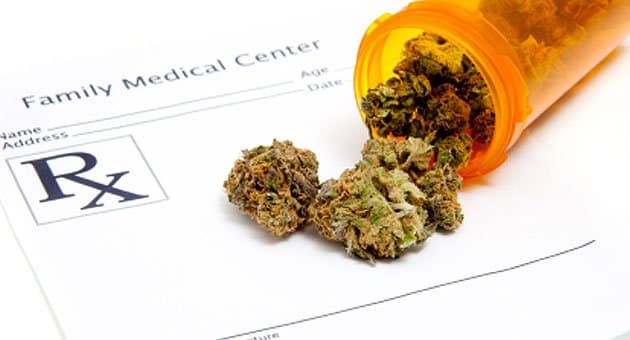The Federal Trade Commission (FTC) sent warning letters to three companies that sell CBD oils, tinctures, capsules, gummies, and cannabis-derived creams and topicals.
In a Sept. 10, 2019 press release, the FTC said: “It is illegal to advertise that a product can prevent, treat, or cure human disease without competent and reliable scientific evidence to support such claims.”
The FTC, which did not mention which companies it had sent letters to, took exception to their advertising language, such as claiming their CBD, or cannabidiol, “works like magic against even the most agonizing pain.”
One company’s website, according to the FTC, claimed that their CBD products, after hours of research done in conjunction with Harvard University, were clinically “proven to treat autism, anorexia, bipolar disorder, post-traumatic stress disorder, schizophrenia, anxiety, depression, Alzheimer’s disease, Lou Gehrig’s Disease (ALS), stroke, Parkinson’s disease, epilepsy, traumatic brain injuries, diabetes, Crohn’s disease, psoriasis, MS, fibromyalgia, cancer, and AIDS.”
In March 2019, the FTC and the U.S. Food and Drug Administration issued similar joint warning letters to three CBD sellers.
If it’s too good to be true…
Although a great deal of research has shown CBD to be effective in treating an array of illnesses and conditions, the proliferation of CBD companies and their all-encompassing health claims should make consumers all the more cautious not to become overly hopeful that every CBD product out there can fulfill every promise.
What’s to be done?
More clinical research would put to rest many of the doubts and accusations, whether warranted or not, facing the burgeoning CBD industry.
At this point, the Food and Drug Administration has only approved one cannabis-derived product: Epidiolex, developed to treat severe epilepsy.
Although hemp and CBD were legalized under the Farm Bill in Nov. 2018, the FDA has yet to develop standards and guidelines for its use in food products, medicine and dietary supplements.
The patchwork of state-by-state CBD rules is only adding to the confusion for producers, sellers and consumers.
The government’s position on CBD remains confusing and confused, which will likely continue until there is federal legalization of all cannabis products.





